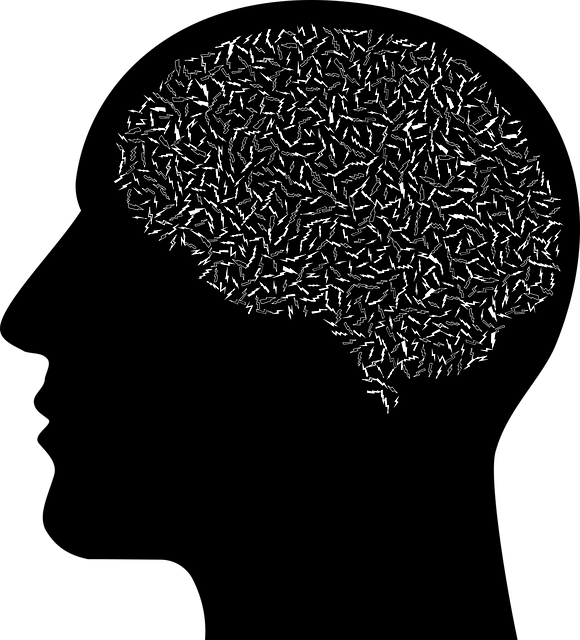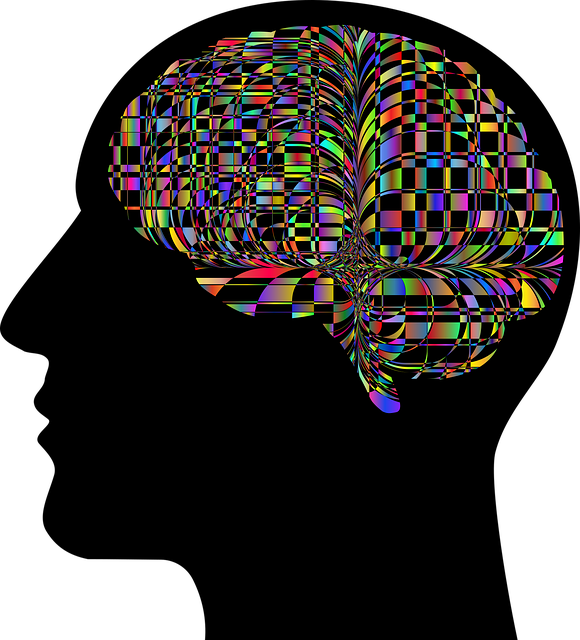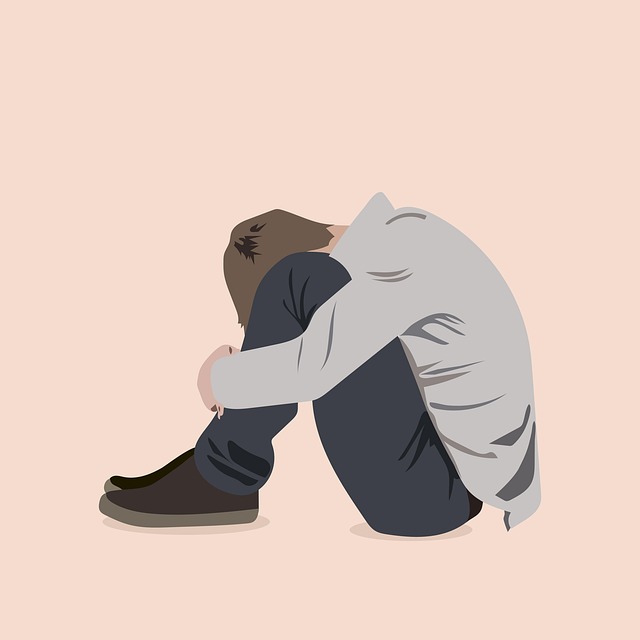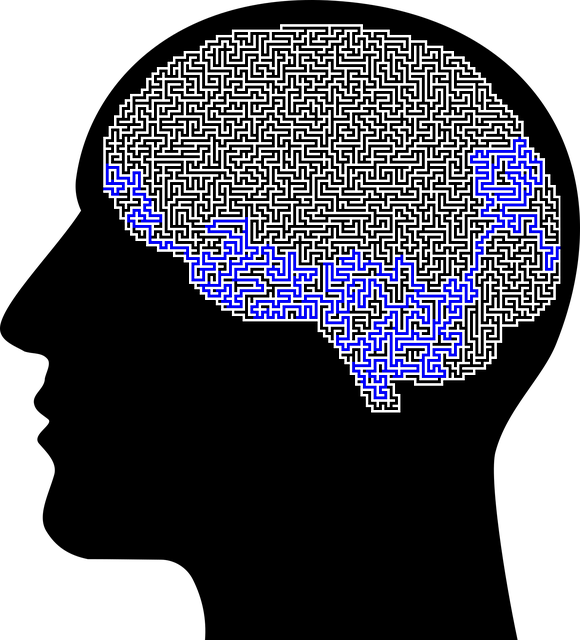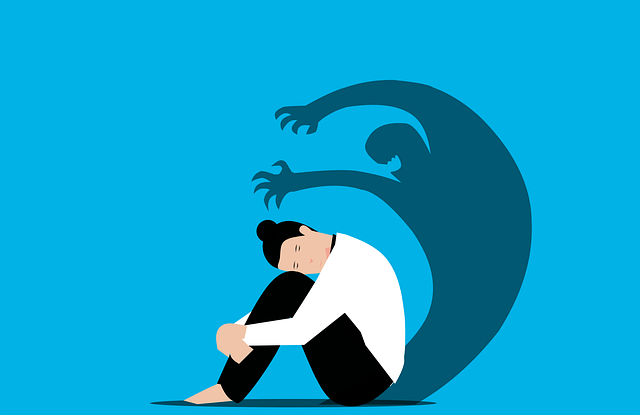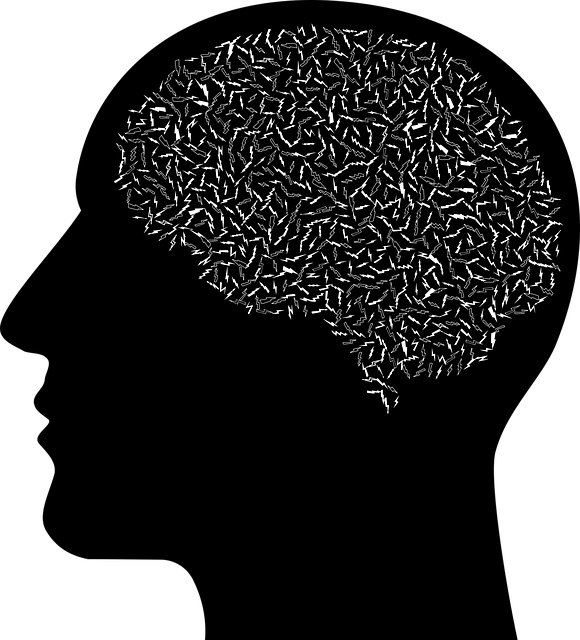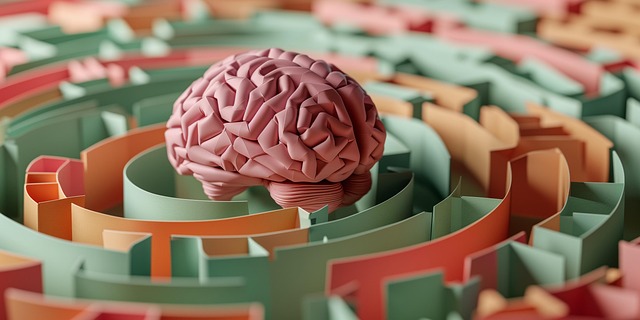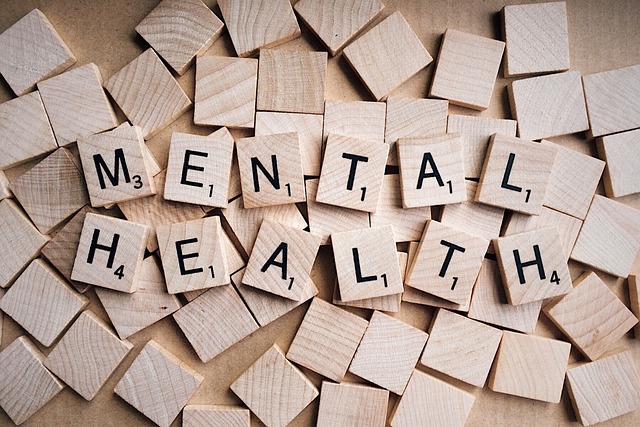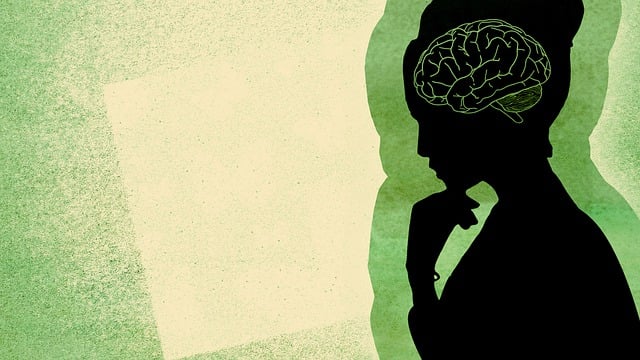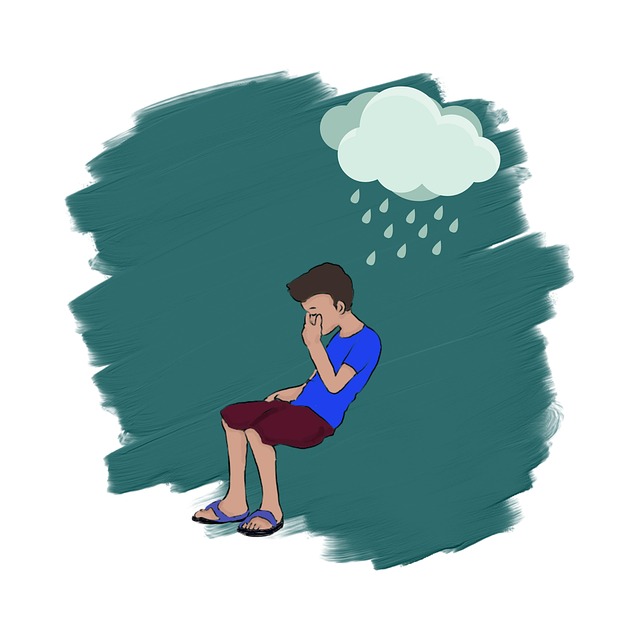Mental health diagnosis in young children requires a nuanced approach, focusing on behavioral changes. Qualified professionals use interviews, observations, and standardized tools to assess issues like anxiety, which often manifest as emotional struggles. Early intervention through therapy, including CBT and mindfulness practices, is crucial for managing symptoms and teaching coping strategies. Cultural sensitivity ensures diverse families receive respectful care, fostering resilience and positive mindsets. Combining therapy with relaxation techniques and positive reinforcement creates a supportive environment for children's mental health development. For parents, support systems include professional therapy, educational resources, and online communities, empowering them to guide their kids towards improved well-being. Early intervention and accessible programs like CBT are key to preventing adult anxiety disorders by addressing symptoms in childhood.
Mental illness diagnosis and treatment navigation assistance is crucial for young children, offering support that can shape their future. This article guides parents and guardians through key areas, including understanding mental health diagnosis in kids, exploring therapy options for anxiety, and discovering early intervention strategies. By delving into these aspects, we aim to empower caregivers with the knowledge needed to navigate treatment effectively and foster better outcomes for children suffering from anxiety-related disorders.
- Understanding Mental Health Diagnosis for Young Children
- Navigating Treatment Options: Therapy for Anxiety in Kids
- Support Systems and Resources for Parents/Guardians
- Early Intervention Strategies for Better Outcomes
Understanding Mental Health Diagnosis for Young Children

Mental health diagnosis for young children can be a complex and delicate process. Recognizing the subtle signs and symptoms of anxiety or other mental health concerns in early childhood is crucial. While adults may exhibit overt distress, kids often express their internal struggles through behavioral changes, emotional reactions, or even physical manifestations. A thorough assessment by qualified professionals, such as pediatricians, child psychologists, or psychiatrists, involves comprehensive interviews, observations, and standardized tools tailored to young minds.
Early intervention is key in effectively managing mental health issues in children. Therapy for young children with anxiety, for instance, often incorporates age-appropriate techniques that foster self-awareness, emotional regulation, and coping strategies. Incorporating cultural sensitivity in mental healthcare practice ensures that families from diverse backgrounds receive culturally competent care, respecting their unique values and beliefs. Mind over matter principles can be powerful tools to help kids develop resilience and a positive mindset. Additionally, addressing and improving self-esteem is integral to enhancing a child’s overall well-being and support for mental health recovery.
Navigating Treatment Options: Therapy for Anxiety in Kids

Navigating treatment options for anxiety in young children can be a complex task for parents and caregivers. With various approaches available, understanding what works best is essential. Therapy, specifically designed for kids with anxiety disorders, plays a pivotal role in managing symptoms and fostering emotional well-being. Cognitive Behavioral Therapy (CBT) has proven to be highly effective, teaching children coping strategies by identifying and changing negative thought patterns.
Mental health education programs design tailored interventions that incorporate techniques like mindfulness meditation to promote emotional balance. These approaches not only address the present symptoms but also equip kids with lifelong skills to handle anxiety-provoking situations. By combining therapy with strategies such as relaxation exercises and positive reinforcement, parents can create a supportive environment conducive to recovery and overall mental health.
Support Systems and Resources for Parents/Guardians

For parents or guardians supporting a child with mental illness, navigating the healthcare system can be overwhelming. Fortunately, there are numerous support systems and resources available to ease this journey. Professional therapy for young children suffering from anxiety is a common and effective approach, offering specialized care tailored to their unique needs. Many therapists employ evidence-based practices, such as cognitive behavioral therapy (CBT), which teaches conflict resolution techniques and self-care practices to help children manage anxiety symptoms.
In addition to therapy, parents can foster a supportive environment by integrating confidence-boosting activities into daily routines. Organizations dedicated to mental health awareness often provide educational materials and online communities where parents can connect with others facing similar challenges. These networks offer invaluable advice, resources, and emotional support, ensuring parents feel equipped to guide their children towards better mental well-being.
Early Intervention Strategies for Better Outcomes

Early intervention is a powerful tool in improving outcomes for children facing mental health challenges, especially when it comes to anxiety disorders. By implementing therapy and coping skills development programs at an early age, we can significantly alter the trajectory of a child’s mental well-being. Research shows that many anxiety disorders in adulthood have their roots in childhood experiences, making timely intervention crucial. This period is critical for fostering resilience and healthy coping mechanisms.
Professionals in the field of mental health policy analysis and advocacy emphasize the need for accessible and comprehensive programs. Self-awareness exercises tailored for young minds can help children understand and manage their emotions effectively. Early identification of anxiety symptoms can lead to more effective treatment plans, including cognitive-behavioral therapy (CBT) which has proven success rates in treating childhood anxiety. Prompt intervention ensures that children receive the support they need to thrive and develop into emotionally balanced adults.
Mental health diagnosis and treatment for young children can be a complex journey, but with the right navigation assistance, parents and guardians can ensure their child receives the best care. By understanding early mental health diagnosis, exploring therapy options like anxiety treatments tailored for kids, leveraging support systems, and implementing early intervention strategies, we can significantly improve outcomes. Remember that access to resources and open communication are key; don’t hesitate to seek help and explore all available options for your child’s well-being. Specifically, focusing on therapy for young children anxiety can make a profound difference in their overall mental health and resilience.
